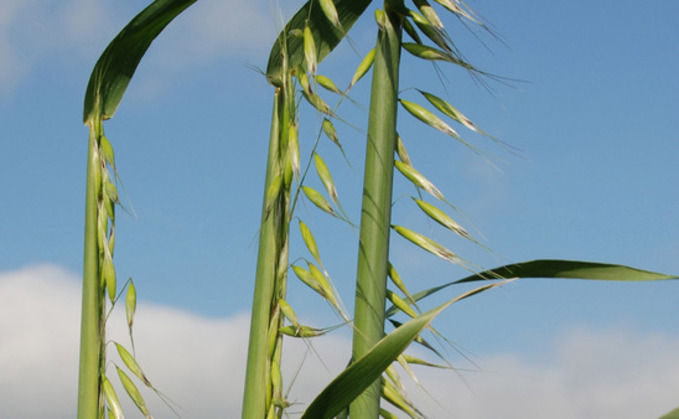
It can also provide an extra raft of environmental assurance to end customers, as is the case with the oat crops grown by 4 Front Farming Group. Matt Waldie, based at West Gilston, Leven, manages 1,200...

It can also provide an extra raft of environmental assurance to end customers, as is the case with the oat crops grown by 4 Front Farming Group. Matt Waldie, based at West Gilston, Leven, manages 1,200...

Standen/Pearson 4 Row Potato Planter

6m Germinator

Dowdswell DP8 4 Furrow Plough